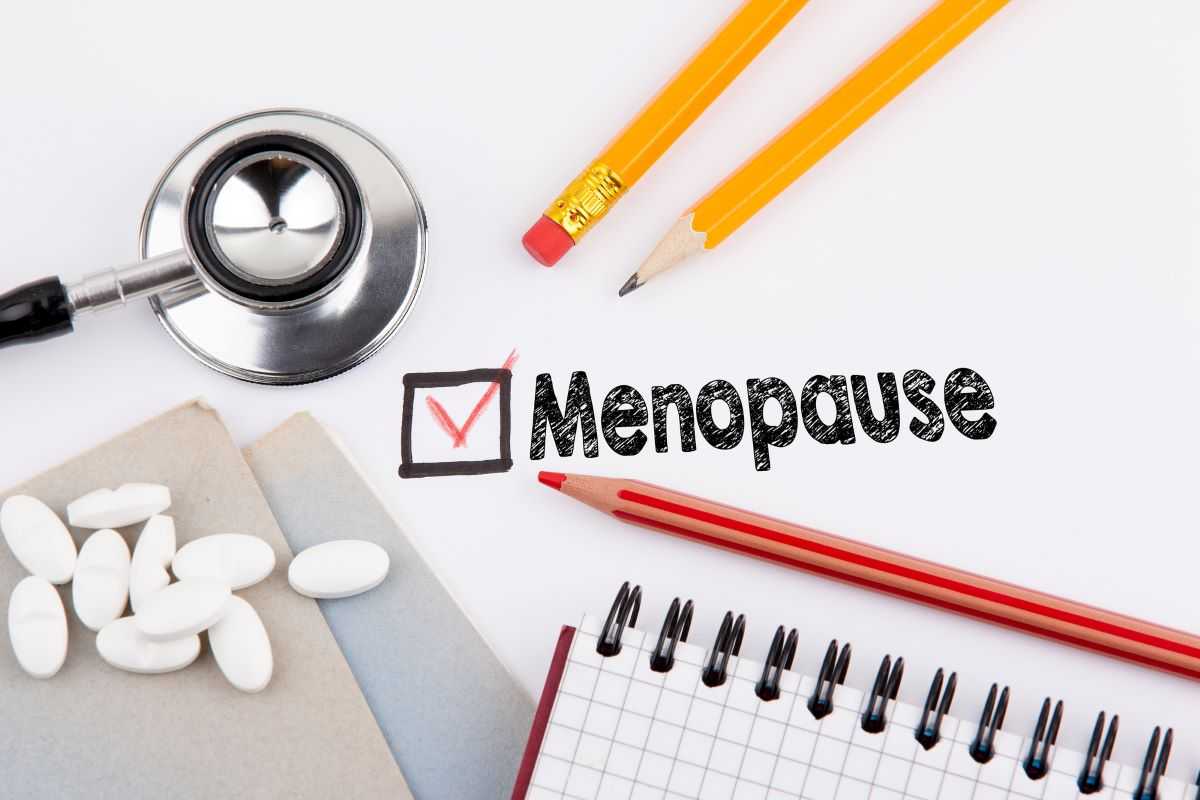
Menopause is a significant phase in a woman's life, marked by the end of menstrual cycles and a host of physiological changes. For women with disabilities, navigating through menopause can present unique challenges, calling for a nuanced approach to manage its symptoms and effects. This article aims to provide guidance and support to women with disabilities as they journey through this natural transition.
Understanding Menopause and Disability
Menopause typically occurs between the ages of 45 and 55 but can vary widely from woman to woman. It's a natural biological process characterized by the cessation of menstruation and decreased hormone production. Women with disabilities might experience menopause differently due to the interplay between hormonal changes and their disability-related health concerns. It’s important to understand that the onset of menopause can exacerbate some disabilities, particularly those that are sensitive to hormonal shifts.
Conversely, certain disabilities may also affect how menopausal symptoms manifest and are managed. Communication with healthcare providers about these unique intersections is key to receiving personalized care.
Recognizing the Signs of Menopause
Awareness of menopausal symptoms is crucial for timely and effective management, especially for women with disabilities. Common symptoms include hot flashes, night sweats, irregular periods, mood changes, and weight gain. Some disabilities may obscure these signs or make them more difficult to manage. For instance, a woman with a mobility impairment may find it challenging to deal with increased sweating due to difficulty with frequent clothing changes. Keeping a detailed symptom diary can help women and their healthcare professionals identify patterns and develop appropriate management strategies.
Adjusting Lifestyle and Diet
Lifestyle and diet play a pivotal role in managing menopause symptoms, and this holds true for women with disabilities as well. Regular physical activity, which can be adapted to different ability levels, helps in maintaining a healthy weight and reducing stress. Dietary changes, such as increased intake of calcium and vitamin D, are important to combat the heightened risk of osteoporosis during menopause. It's also beneficial to reduce caffeine and spicy foods to alleviate hot flashes. Women with disabilities may require tailored exercise and diet plans to accommodate their specific needs and limitations.
Accessing Supportive Therapies
Supportive therapies are a cornerstone of managing menopausal symptoms and can include a range of options, from hormone replacement therapy (HRT) to alternative treatments like acupuncture. Women with disabilities may find that their usual coping strategies for disability-related discomforts can also be effective for menopausal symptoms.
However, it’s vital to consult with healthcare providers to ensure that any chosen therapy is safe and does not interfere with disability-related treatments. Occupational therapy can also offer adaptive strategies for daily living activities that may become more challenging during menopause.
Navigating Emotional Well-being
The emotional fluctuations that often accompany menopause can be amplified for women with disabilities due to existing or added stressors. Seeking support through counseling or support groups, where experiences can be shared, can provide comfort and strategies for coping. Mindfulness practices and regular social interaction can help maintain emotional balance. It’s also important for caregivers and family members to be sensitive to these emotional changes and provide the necessary support.
Considering Long-Term Health Implications
Menopause can have long-term health implications, such as increased risks of cardiovascular disease and osteoporosis. For women with disabilities, these risks may be compounded by their disability-related health concerns. Proactive measures, such as regular health screenings and preventive care, are essential. It's important to have ongoing discussions with healthcare providers about the specific risks associated with both menopause and disability to tailor a preventive care plan effectively.
Embracing the Transition with Confidence
Menopause is not just a series of physical changes but also an emotional and psychological transition. Embracing this phase with confidence is important for overall well-being. Recognizing that perimenopause, the period leading up to menopause, can start several years before menopause itself and being prepared for this transition can empower women to handle the changes more effectively. Women with disabilities, with their unique strengths and experiences, can approach menopause with the same resilience they apply to other aspects of their lives.
Embracing a New Chapter with Resilience
In summary, navigating menopause with a disability may require special considerations, but with informed care strategies, personalized support, and a resilient mindset, it can be a phase of positive transformation. By prioritizing health, leveraging adaptive tools, and drawing on the strength of community, women with disabilities can approach this natural life stage with confidence, ready to embrace the new opportunities and freedoms it brings.
Follow me down the rabbit hole!
I'm Alice and I live with a dizzying assortment of invisible disabilities, including ADHD and fibromyalgia. I write to raise awareness and end the stigma surrounding mental and chronic illnesses of all kinds.








